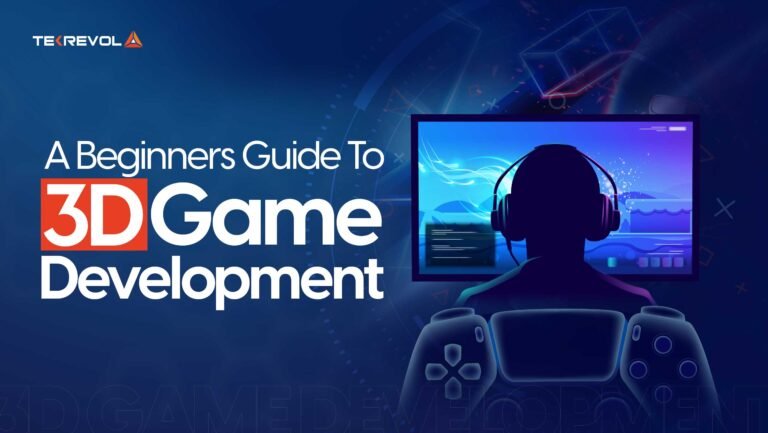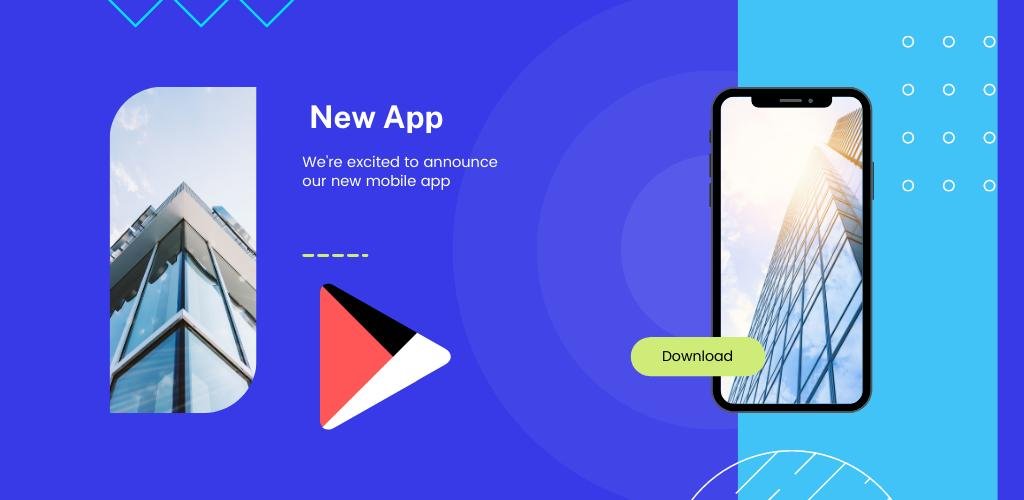
Android Games Development
Mobile games are one of the most popular categories of apps on Android. Whether you want to create a fun hobby project or build the next viral game, the process is more accessible than ever. This article walks you through how to create Android games, turn them into apps, and make them available for free download and play.
Plan Your Game Idea
Before jumping into development, ask yourself:
What kind of game do you want to make? (Puzzle, platformer, endless runner, RPG, etc.)
Who is your target audience?
What will make your game fun or unique?
Tip: Start small. A simple concept executed well is better than a complicated one you can’t finish.
Choose a Game Engine
Game engines make development easier by providing built-in tools for graphics, physics, sound, and input.
Best Game Engines for Android:
Unity (C#) – Great for 2D and 3D games. Huge community and lots of tutorials.
Godot (GDScript/C#/C++) – Open-source, lightweight, great for 2D games.
Unreal Engine (C++/Blueprint) – High-end engine mostly used for 3D games.
Game Maker Studio (GML) – Beginner-friendly and ideal for 2D games.
Start Building Your Game
This involves several stages:
1. Design Graphics and Assets
Use tools like Photoshop, GIMP, or Aseprite for art.
Use free asset sites like Kenney.nl or OpenGameArt.org.
2. Write Game Logic
Code the rules, player controls, enemy behaviour, scoring, etc.
Use your engine’s built-in scripting language (e.g., C# for Unity).
3. Add Audio
Music and sound effects are crucial. Use free sites like Freesound.org or Bfxr.
4. Test Frequently
Try your game on different screen sizes and devices.
Get feedback early and often.
Export the Game to Android
Once your game is complete:
For Unity:
Go to File > Build Settings.
Select Android, then click Switch Platform.
Click Build, and choose your output location.
You’ll get an .apk file (Android Package).
For Godot:
Install Android Build Template in Project > Install Android Build Template.
Set up export settings.
Export project to APK.

Sign and Package Your APK
To distribute your app, you need to sign it:
Create a keystore file (you can do this in Android Studio or command line).
Use Android Studio or jarsigner to sign the APK.
Optionally, use zipalign to optimize the APK size.
Publish Your Game
Option A: Google Play Store
Create a Google Play Developer Account ($25 one-time fee).
Prepare your store listing (screenshots, description, etc.).
Upload your signed APK or AAB (Android App Bundle).
Submit for review.
Option B: Distribute Freely
Host on your own website.
Use platforms like itch.io, Game Jolt, or Side Quest.
Share on social media or forums.
Let Players Download and Play for Free
If your goal is free access:
Clearly label your app as free to download and play.
Avoid excessive ads or paywalls.
Consider adding optional in-game purchases or ads to monetize ethically.
Final Tips
Keep it simple at first: A polished mini-game is better than a broken epic.
Engage with community: Post updates and get feedback.
Iterate: Update your game based on user feedback.
Have fun: Enjoy the creative process!
Ready to build your first Android game? With a clear idea, the right tools, and a bit of persistence, anyone can create and share fun games with the world. Whether it’s for passion, portfolio, or profit—start today and bring your game ideas to life!
